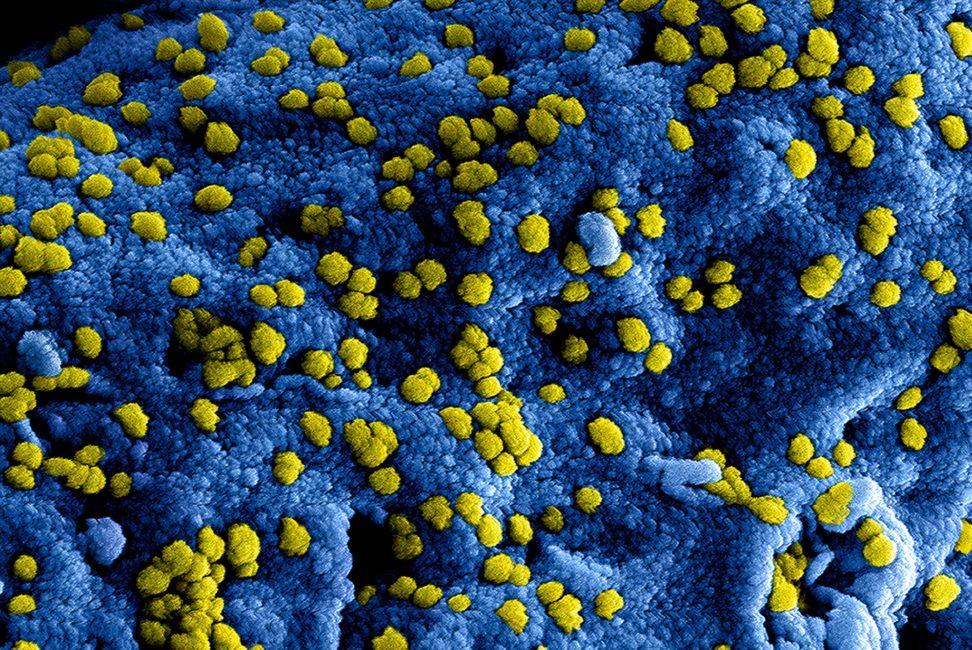On 30-Mar-2020, AstraZeneca announced that “its Imfinzi (durvalumab) has been approved in the US as a 1st-line treatment for adult patients with extensive-stage small cell lung cancer (ES-SCLC) in combination with standard-of-care (SoC) chemotherapies, etoposide plus either carboplatin or cisplatin (platinum-etoposide).
The approval by the Food and Drug Administration was based on positive results from the Phase III CASPIAN trial showing Imfinzi in combination with SoC platinum-etoposide demonstrated a statistically significant and clinically meaningful improvement in overall survival (OS) versus SoC alone
SCLC is a highly aggressive, fast-growing form of lung cancer that typically recurs and progresses rapidly despite initial response to chemotherapy.”
Table of Contents
Phase III trial:
“The Phase III CASPIAN trial had two primary endpoints comparing experimental arms to SoC. In the Imfinzi plus SoC arm, the risk of death was reduced by 27% (equal to a hazard ratio of 0.73; 95% CI 0.59-0.91; p=0.0047), with median OS of 13.0 months versus 10.3 months for SoC alone. Results also showed an increased confirmed objective response rate in the Imfinzi plus SoC arm (68% versus 58% for SoC alone). The safety and tolerability for Imfinzi plus SoC was consistent with the known safety profiles of these medicines. The Imfinzi plus SoC data from the CASPIAN trial were published in The Lancet.
The second experimental arm testing tremelimumab added to Imfinzi and SoC recently completed, but did not meet its primary endpoint. Details will be presented at a forthcoming medical meeting.
The CASPIAN trial used a fixed dose of Imfinzi (1500mg) administered every three weeks for four cycles while in combination with chemotherapy and then every four weeks until disease progression. As part of a broad development programme, Imfinzi is also being tested following concurrent chemoradiation therapy in patients with limited-stage SCLC in the Phase III ADRIATIC trial with data anticipated in 2021.
Imfinzi received its first approval based on the Phase III CASPIAN trial in Singapore for patients with ES-SCLC in February 2020. Imfinzi in combination with etoposide and either carboplatin or cisplatin is currently under regulatory review for the treatment of ES-SCLC in the 1st-line setting based on the Phase III CASPIAN trial in the EU and Japan.”
Trial Design:
“CASPIAN was a randomised, open-label, multi-centre, global, Phase III trial in the 1st-line treatment of 805 patients with ES-SCLC. The trial compared Imfinzi in combination with etoposide and either carboplatin or cisplatin chemotherapy, or Imfinzi and chemotherapy with the addition of a second immunotherapy, tremelimumab, versus chemotherapy alone. In the experimental arms, patients were treated with four cycles of chemotherapy. In comparison, the control arm allowed up to six cycles of chemotherapy and optional prophylactic cranial irradiation. The trial was conducted in more than 200 centres across 23 countries, including the US, in Europe, South America, Asia and the Middle East. The primary endpoint was OS in each of the two experimental arms”
Mechanism of Action:
“Imfinzi (durvalumab) is a human monoclonal antibody that binds to PD-L1 and blocks the interaction of PD-L1 with PD-1 and CD80, countering the tumour’s immune-evading tactics and releasing the inhibition of immune responses.
Imfinzi is approved in the curative-intent setting of unresectable, Stage III NSCLC after chemoradiation therapy in the US, Japan, China, across the EU and in many other countries, based on the Phase III PACIFIC trial. Imfinzi is approved for the 1st-line treatment of ES-SCLC in combination with SoC chemotherapy in the US and Singapore. Imfinzi is also approved for previously treated patients with advanced bladder cancer in the US and a small number of other countries.
As part of a broad development programme, Imfinzi is also being tested as a monotherapy and in combination with tremelimumab, an anti-CTLA4 monoclonal antibody and potential new medicine, as a treatment for patients with NSCLC, SCLC, bladder cancer, head and neck cancer, liver cancer, biliary tract cancer, cervical cancer and other solid tumours.”


